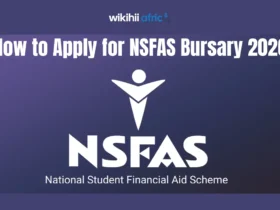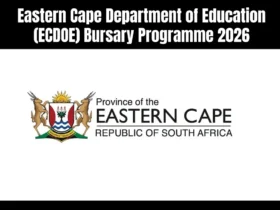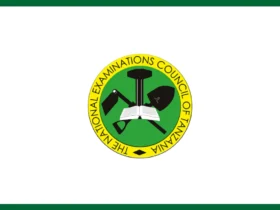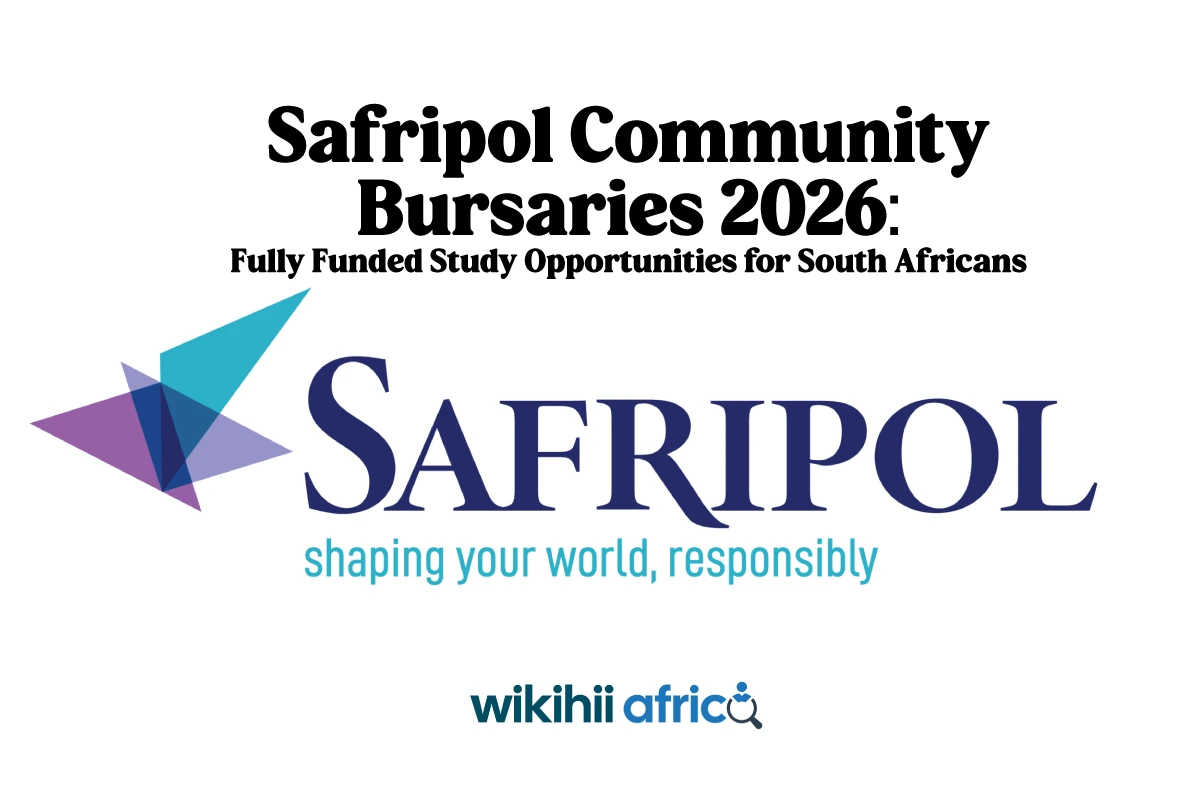Getty Conservation Guest Scholars Program 2026–2027: Guide for South African Heritage Professionals
Quick take: Applications are open until 1 October 2025 for three-month, fully supported research residencies at the Getty Conservation Institute (Los Angeles). Grants are US$21,500 per residency block, with housing, travel stipend, workstation access, research assistance, and a healthcare option. The 2026–27 residential grants at Getty run under the cross-cutting theme “Provenance.”
Introduction
The Getty Conservation Guest Scholars Program is aimed at established professionals and scholars in conservation, heritage science, historic preservation and allied fields. Scholars live and work on site at the Getty for three months—free from day-to-day obligations—using world-class collections, laboratories and specialist staff to advance an independent research project. For South African applicants working on museums, rock art, archives, built heritage, or repatriation/provenance work, this residency can turbo-charge a project with global reach.
Why It Matters / Opportunities
- Time to think: A concentrated three-month window to finish a manuscript, design methods, or test materials protocols.
- Serious support: US$21,500 grant plus apartment housing, workstation at GCI, travel stipend, and research assistance.
- Theme fit: The 2026–27 residential theme “Provenance” aligns with ethics of collecting, restitution, and the art market—topics highly relevant to SA institutions.
- Global network: Daily interaction with Getty scholars, postdocs and interns broadens collaboration opportunities long after the residency.
- Career impact: Peer-reviewed selection and Getty affiliation strengthen your track record for future grants, leadership and policy work.
How to Apply / What to Expect
Eligibility snapshot
- Open to all nationalities.
- Minimum of seven years professional experience plus a demonstrated publication/contribution record.
- Not for PhD or postdoc degree credit; proposals contributing to a degree are ineligible. Recent PhDs in chemistry/material sciences should apply to Getty’s Postdoctoral Fellowship in Conservation Science instead.
Residency windows & grant
- Choose one block: September–December, January–March, or April–June.
- Grant: US$21,500 for the three months, paid by Getty.
- Included: workstation, apartment in the Getty scholar housing complex, research assistance, travel stipend, and a healthcare option.
Application steps
- Read the official call and terms on the Getty Conservation Guest Scholars page.
- Apply via the Getty Foundation Grant Portal (Chrome recommended). Use “Applications: In Progress” to avoid creating duplicates.
- Prepare one PDF Project Proposal (max 5 pages, double-spaced) covering: description; methodology (what you’ll do specifically at Getty); expected outcomes; contribution to conservation practice; your qualifications; and how Getty’s resources benefit your project.
- Upload a comprehensive CV and a Selected Bibliography (max 2 pages, single-spaced) citing key literature other than your own.
- No letters of reference are considered for evaluation—focus on the proposal’s clarity and feasibility.
- Submit by 1 October 2025, 17:00 Los Angeles (GMT-7). Decisions are expected in March–April 2026.
Common Challenges
- Weak Getty fit: Projects must clearly require Getty resources (library, archives, labs, expertise). Spell this out.
- Theme drift: For 2026–27, show how your topic engages “Provenance” (e.g., object histories, collecting ethics, trade routes, ownership claims, market analysis).
- Method ambiguity: Vague aims hurt. Include methods, datasets/collections, and a realistic workplan for a 12-week sprint.
- Degree-linked work: Proposals tied to a PhD/postdoc requirement are ineligible—position the project as independent professional research.
Tips for Success (South Africa–focused)
- Anchor your case studies locally, argue the global value: e.g., Khoe-San/rock art documentation, restitution/provenance files, apartheid-era collecting histories, Mapungubwe and Great Zimbabwe object itineraries, Robben Island and District Six archival conservation.
- Show outcomes beyond publication: conservation protocols, open datasets, policy toolkits, cataloguing frameworks, or provenance workflows your home institution can adopt.
- Line up access letters early: If you’ll work with specific South African collections (SAHRA-linked repositories, Iziko Museums, Ditsong Museums, university archives), secure permissions before applying.
- Plan your three months like a production schedule: week-by-week milestones; specify which Getty collections, databases or labs you’ll use and when.
- Demonstrate independence: GCI labs and staff time are limited—show you can deliver even without intensive staff support.
Useful Resources
Official Getty links
- Program overview & terms: Getty Conservation Guest Scholars
- Apply here: Getty Foundation Grant Portal
- Related residential grants (2026–27 theme “Provenance”): Getty Research & Conservation – Residential Grants
South Africa – sector & careers
- South African Heritage Resources Agency (SAHRA): Permit frameworks, inventories & guidance
- Department of Sport, Arts and Culture (DSAC): National policy & contacts
- National Research Foundation (NRF): Grants and postgraduate funding
- Careers portals (heritage/museums): PNet, Careers24, Indeed ZA, LinkedIn Jobs
Stay in the Loop (Wikihii)
We track international research grants and SA heritage jobs daily. See our hub: Wikihii.co.za. For instant alerts, join our WhatsApp channel.
Conclusion
The Getty Conservation Guest Scholars Program is a rare chance to pause, access world-class resources, and return to South Africa with methods, outputs and partnerships that uplift the sector. If your project can move the needle on provenance, collections ethics, materials research or conservation policy, prepare a laser-focused five-page proposal and apply before 1 October 2025. Good luck!














